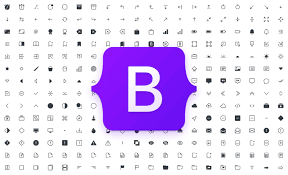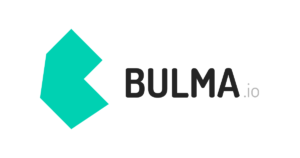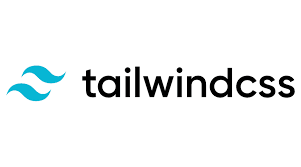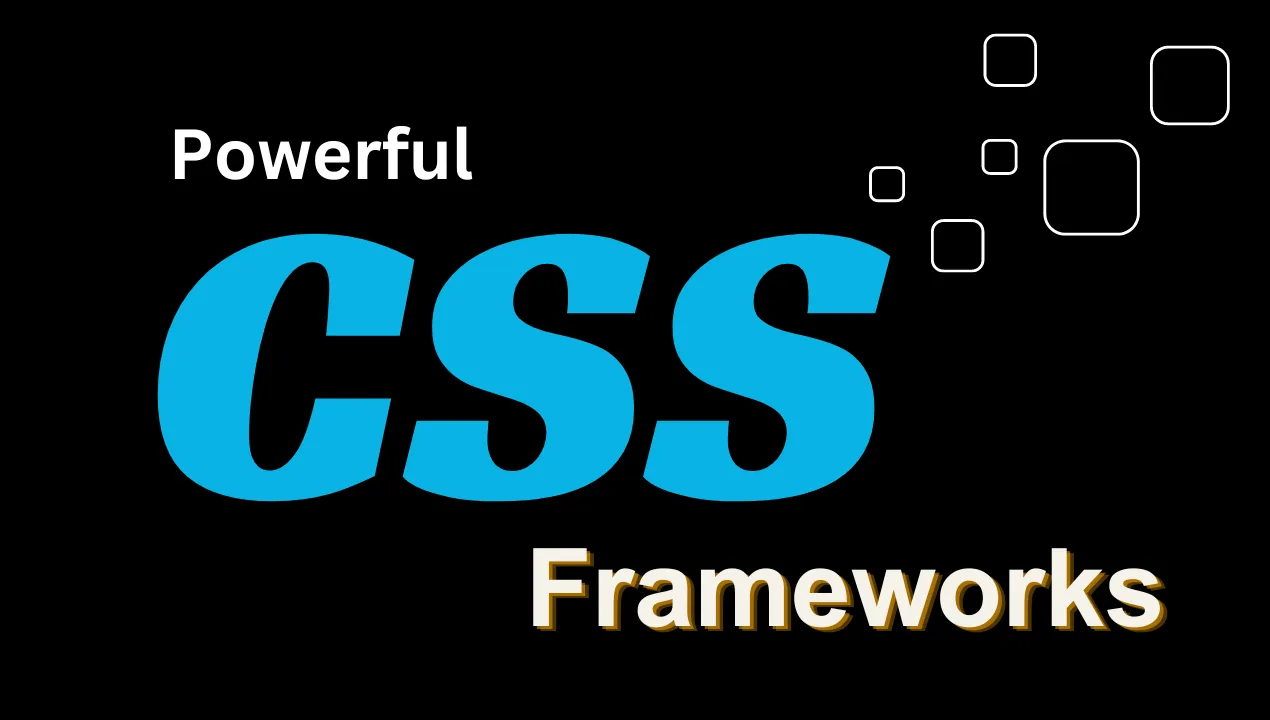CSS frameworks have emerged as indispensable tools for designers and developers a like. These frameworks streamline the process of creating visually stunning and responsive websites, offering a structured approach to styling and layout.
Why CSS frameworks-
In Germany, where innovation and efficiency are highly valued, CSS frameworks play a pivotal role in elevating web design standards. In this article, we delve into some of the most popular CSS frameworks used in Germany, exploring their features, benefits, and contributions to the digital landscape.
1. Bootstrap:

Bootstrap stands as a cornerstone in the realm of CSS frameworks, renowned for its extensive library of components and robust grid system.Developed by Twitter, Bootstrap offers a comprehensive suite of pre-styled elements, including buttons, forms, and navigation bars, making it a favorite among developers seeking rapid prototyping and responsive design. In Germany, Bootstrap enjoys widespread adoption due to its versatility, documentation, and active community support, empowering designers to create visually cohesive and user-friendly websites with ease.
2. Foundation:

Foundation, an offering from ZURB, rivals Bootstrap in popularity, offering a powerful framework for building responsive and accessible web designs. Known for its modular approach, Foundation provides a customizable grid system, flexible styling options, and a wealth of UI components, enabling developers to craft tailored solutions for diverse projects. In Germany, Foundation appeals to designers seeking flexibility and performance optimization, with its emphasis on mobile-first development and scalability aligning well with the country’s tech-savvy audience.
3. Bulma:

Bulma distinguishes itself with its simplicity and modern design aesthetic, offering a lightweight CSS framework based on Flexbox. Developed with modularity in mind, Bulma provides a modular architecture, allowing developers to mix and match components effortlessly. Its intuitive syntax and emphasis on clean, semantic HTML have garnered praise from the design community in Germany, attracting users looking for an alternative to more complex frameworks without sacrificing functionality or design quality.
4. Tailwind CSS:

Tailwind CSS represents a departure from traditional CSS frameworks, embracing a utility-first approach that prioritizes flexibility and customization. With Tailwind CSS, developers can rapidly build responsive layouts and UI components by applying pre-defined utility classes directly in HTML markup. This methodology resonates with the pragmatic mindset prevalent in Germany, where efficiency and precision are valued, making Tailwind CSS a compelling choice for projects demanding rapid iteration and fine-grained control over styling.
5. UIKit:

UIKit, developed by YOOtheme, offers a comprehensive front-end framework for crafting modern and sophisticated web interfaces. With a focus on modularity and extensibility, UIKit provides a rich set of components, animations, and utilities, empowering designers to create visually striking and intuitive user experiences. In Germany, UIKit finds favor among designers and agencies seeking to differentiate their projects with polished and immersive designs, leveraging its extensive feature set and seamless integration capabilities.
Conclusion:
In the vibrant landscape of web design in Germany, CSS frameworks play a pivotal role in shaping the digital experience, empowering designers and developers to realize their creative visions with efficiency and precision. Whether it’s the versatility of Bootstrap, the flexibility of Foundation, the simplicity of Bulma, the pragmatism of Tailwind CSS, or the sophistication of UIKit, each framework offers unique strengths and capabilities that cater to diverse project requirements and design preferences.
By embracing these frameworks, designers and developers in Germany can unlock new possibilities and elevate the standard of web design, driving innovation and excellence in the digital realm.
Why React in 2024 ? Understanding the Dominance of React in Frontend Development
Frontend Fundamentals in 2024 : A Beginner’s Toolkit

You’re so interesting! I don’t suppose I have read through anything like this before. So wonderful to find somebody with some unique thoughts on this topic. Really.. thank you for starting this up. This site is one thing that is needed on the web, someone with some originality!
Thank You!
Awesome blog! Do you have any recommendations for aspiring writers? I’m hoping to start my own blog soon but I’m a little lost on everything. Would you advise starting with a free platform like WordPress or go for a paid option? There are so many choices out there that I’m completely confused .. Any ideas? Thank you!
Thank You!
Thank you for your compliment on our blog site! Based on my experience as a blogger and WordPress developer, I would advise you to consider using WordPress for your blog. It’s a great platform that offers a lot of flexibility and ease of use.
Best of luck with your blogging journey!